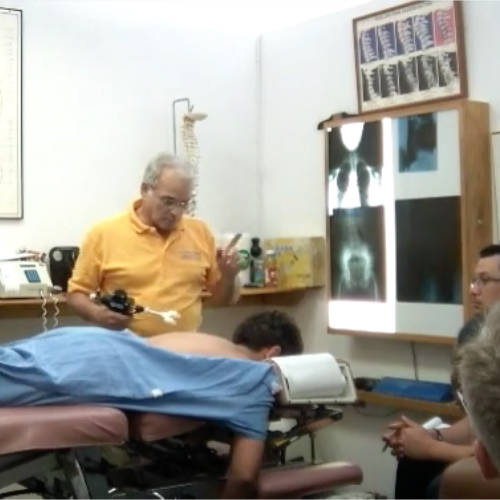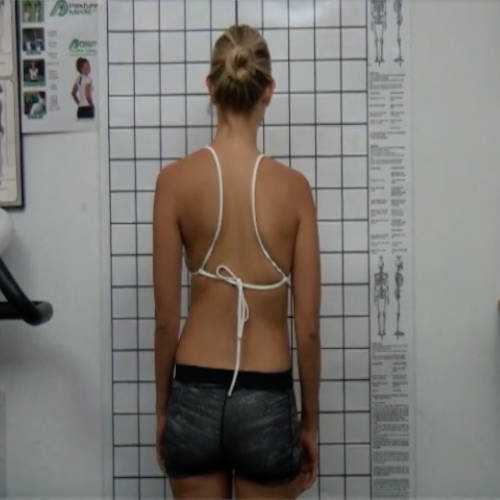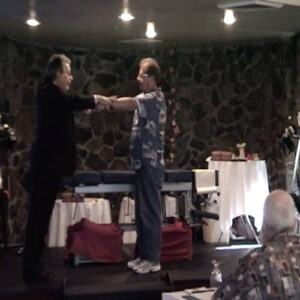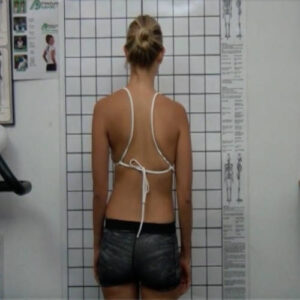Hear Dr Lindseys guidance on Dr Rick Wiegand videos, including which to start with first and personal recomendations.
Best Sellers
101 Uses Of The Rib Adapter 1 & 2
The ‘rib- adaptor’ a.k.a. ‘T- bar’ , is one of the most popular – and versatile – instrument attachments for the ArthroStim instrument. Even practitioners who own the T-bar are often unaware of just how valuable it can be. Consequently, they (and their clients) frequently miss-out out on some of the most significant benefits this adapter can provide.
Original price was: $97.00.$27.00Current price is: $27.00.
Text Neck
‘Text Neck’ a.k.a. forward head carriage is becoming epidemic. At one time this condition primarily affected older individuals but, in today’s world, it is appearing in children at younger and younger ages. The 39 minute Text Neck streaming course demonstrates a powerful combination of instrument assisted procedures designed to address forward head carriage.
Original price was: $82.00.$18.00Current price is: $18.00.
Unlocking Scoliosis – Fusion – Fixation – Subluxation
For the past twenty years, Dr. Alan Creed has been presenting seminars throughout the United States, Europe and South America and bridging the use of instruments with chiropractic techniques.
Original price was: $120.00.$20.00Current price is: $20.00.
Highlights
DVD Courses
Seminars or Instructional Appearances
Best Sellers
Publications
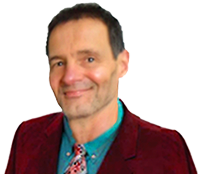
Dr Rick Wiegand Full Catalogue
-
Sale!
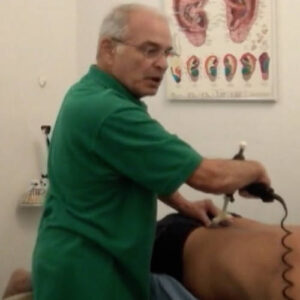
Neuro Kinetic Integration Technique
Original price was: $175.00.$45.00Current price is: $45.00. -
Sale!
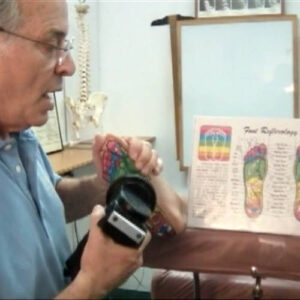
Organ Adjusting Via The Meric System
Original price was: $175.00.$60.00Current price is: $60.00. -
Sale!
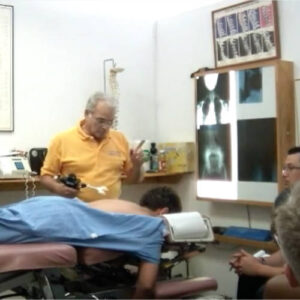
Text Neck
Original price was: $82.00.$18.00Current price is: $18.00. -
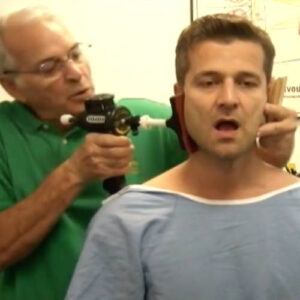
TMJ Refunctioning
$120.00 -
Sale!
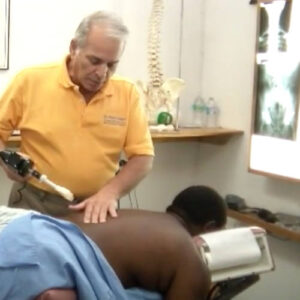
Treating Dystonia
Original price was: $120.00.$27.00Current price is: $27.00.
As a chiropractic practitioner and educator for the past 25 years, I have taken many, many seminars and classes over the years. Of them all, Dr. Ric Wiegand’s Access Workshop has proven to be the most helpful and empowering. Access has given me, and others, the ability to rapidly assess patients, effortlessly helping to locate subluxations, as well as determine what technique or style of force application to use.
Jeff Rockwell, D.C.
Seminars
Soquel, CA – January 29 & 30
Seminar With Dr Rick Wiegand
The Access Workshop will be presented at The Well Being Center at 5905 Soquel Dr. # 150 in Soquel, CA.
Workshop hours are 9 AM – 7 PM on Saturday and 8 AM – 2 PM on Sunday.
The workshop fee for a first time practitioner is $695.00. A discounted fee of $595.00 is available if registration and payment are confirmed by January 15th. The fee for a returning practitioner is $395.00.
The first time student – and faculty – fee is $350.00. The returning fee is $295.00
Class size is limited in the Soquel Access Workshop.
Workshop space is reserved on a first come – first served – basis.
Contact enhanced@accessworkshop.com for inquiries & / or a registration form.
Dr Rick Wiegand
Manual practitioners often develop their ability to perceive subtle somatic responses that occur at dysfunctional sites (e.g., changes in tension, motion, position, temperature, texture and sensitivity). These somatic indicators provide important clinical insights. There is another type of feedback that provides equally vital clinical insights, yet most conventional assessment approaches do not attend to it. This (other) feedback is produced by the practitioner’s central autonomic network / CAN.*


